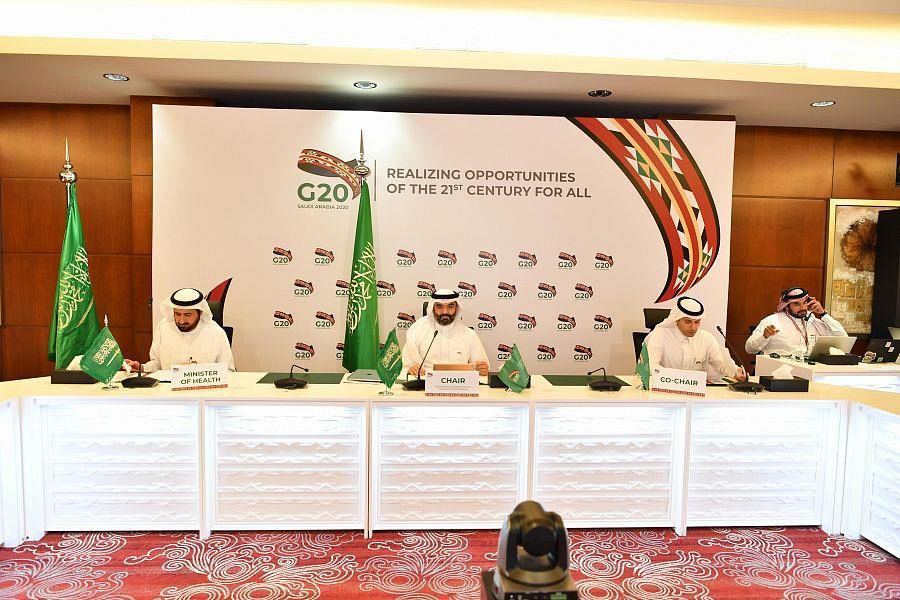
I. Trustworthy Artificial Intelligence
6. Artificial Intelligence (AI) systems have the potential to generate economic, social,
and health benefits and innovation, drive inclusive economic growth, and reduce
inequalities as well as accelerate progress toward the achievement of the
Sustainable Development Goals (SDGs). They could also have potential impacts on
the future of work, the functioning of critical systems, digital inclusiveness, security,
trust, ethical issues, and human rights.
7. We reaffirm our commitment to promoting a human-centered approach to AI and
support the G20 AI Principles, which are drawn from the OECD AI Principles –
including section 1, Principles for Responsible Stewardship of Trustworthy AI, and
section 2, the Recommendations on National Policies and International Cooperation for Trustworthy AI. We each commit to advance the G20 AI Principles, in
accordance with national priorities.
8. As a first step, we note the Examples of National Policies to Advance the G20 AI
Principles (Annex 1), which presents a list of examples of national strategies and
policy approaches to advance the G20 AI Principles, including investment in
research, human capacity, innovation, and trustworthiness.
9. We believe that there is a need for inclusive multi-stakeholder discussions and
sharing of experiences on AI and related policy practices. We welcome the Dialogue
hosted by the Saudi Presidency on trustworthy AI in pandemic response and note
the Summary of Discussions from the G20 AI Dialogue in 2020. We promote
continued multi-stakeholder discussions on AI, consistent with the G20 AI
Principles.
II. Data Free Flow with Trust and Cross-Border Data Flows
10. In 2019, in Osaka, G20 Leaders acknowledged the importance of data free flow with
trust and cross-border data flow and recognized the critical role played by effective
use of data for digitalization, as enablers of economic growth, development, and
social well-being, and expressed their willingness to cooperate to encourage the
interoperability of different frameworks and reaffirmed the role of data for
development.
11. The cross-border flow of data, information, ideas and knowledge generates higher
productivity, greater innovation, and improved sustainable development. At the
same time, we recognize that the free flow of data raises certain challenges, such
as the protection of privacy and personal data. G20 members recognize the need
to address these challenges, in accordance with relevant applicable legal
frameworks, which can further facilitate data free flow and strengthen consumer
and business trust, without prejudice to legitimate public policy objectives by sharing experiences and good practices for data policy, in particular
interoperability and transfer mechanisms, and identifying commonalities
between existing approaches and instruments used to enable data to flow
across borders with trust, reaffirming the importance of the interface between trade and digital economy, noting the ongoing negotiations under the Joint Statement Initiative on electronic commerce and reaffirming the importance of the Work Programme
on electronic commerce at the WTO, exploring and better understanding technologies such as privacy enhancing
technologies (PETs).
--More
22:07 LOCAL TIME 19:07 GMT
0021
www.spa.gov.sa/w1375888






